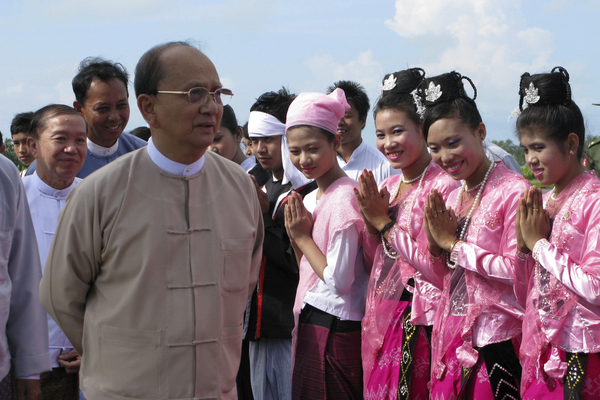By Brian Lanciault
Impunity Watch Reporter, Asia
NEW DELHI, India– India’s army reported that it has been fighting “Pakistan-backed” militants in Kashmir for more than a week. The Pakistani government denied these charges, citing its recent efforts to engage in peaceful negotiations with the Indian government regarding the disputed region.

Pakistan dismissed as ‘baseless’ India’s accusation that its troops were involved in massive infiltration attempts across the Line of Control (“LoC”) into Jammu and Kashmir, on Thursday. Some 30 to 40 fighters have crossed the LoC, which divides the region, senior army officer Gurmeet Singh said.
Claimed by both countries, Kashmir has been a hot-spot of conflict for over 60 years. Bilateral ties have been tested over recent clashes in the disputed region.
Last month, at least 10 people were killed when militants attacked a police station and an army camp in the Poonch area of Indian-administered Kashmir. India has a large security presence in Kashmir with tens of thousands of police and paramilitary forces deployed.
“The army is fighting the largest group of infiltrators including some special troops on the line of control with Pakistan in Indian territory. It’s one of the longest operations in Kashmir,” Lt Gen Gurmeet Singh said.
At least 10 to 12 infiltrators have been killed by Indian soldiers, Lt. Singh said, adding that another group of 10 had tried to cross over on Tuesday. Lt. Singh told reporters on Wednesday evening that Indian soldiers first encountered around 40 militants on September 24 in an abandoned village called Shala Bhata near the line of control.
“There is no question of our territory being taken over,” he said, adding that the army was in “total control of the operation”.
On Thursday, Pakistan’s army denied India’s charge.
“No such thing happened at all. This is a blatant lie. We totally deny this baseless allegation,” Press Trust of India quoted a Pakistani military spokesperson as saying.
The latest fighting is taking place days after Indian PM Manmohan Singh and his Pakistani counterpart Nawaz Sharif pledged in New York to work together to halt a recent upsurge of violence in Kashmir. During the weekend PM Singh told the UN General Assembly that Pakistan had to stop being “the epicentre of terrorism”.
India has long accused Pakistan of sponsoring militants in the disputed region. However, violence has declined overall since the early 2000s, despite a recent spike. But relations plunged again over the 2008 Mumbai attack.
PM Singh has expressed disappointment in the Pakistani response and reiterated a call for Pakistan to rein in militants in his UN speech.
Nawaz Sharif swept into power in May with pledges to improve ties with India.
For more information, please see:
BBC– Kashmir clashes: India troops ‘fight Pakistan infiltrators’ — 3 October 2013
Indian Express– Pakistan Army denies infiltration attempts from across the LoC — 3 October 2013
The Telegraph– India and Pakistan militants in 10 day battle in Kashmir — 3 October 2013
Hindustan Times– Gunfight on, army tries to push back J-K intruders — 3 October 2013

